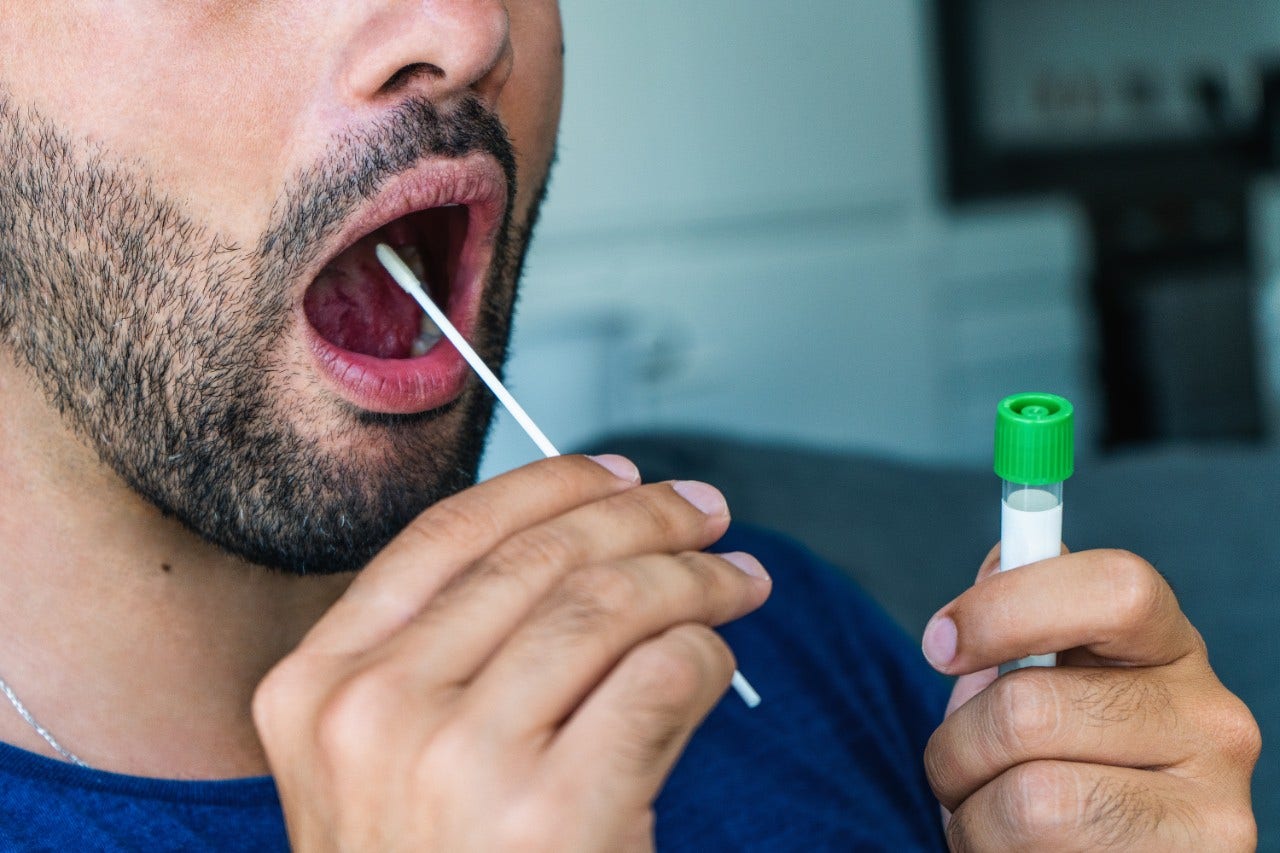Population Science
Our multi-disciplinary department conducts innovative research focused on understanding
cancer risk factors and how to improve the quality of life and survival of people
diagnosed with cancer.
Featured Studies
How Our Population Cohort Studies Save Lives
The Population Science Department uses the collective expertise of epidemiologists, biostatisticians, behavioral scientists, research analysts, and study management experts to better understand the behavioral, social, physical, environmental, and societal factors that affect cancer prevention, risk, treatment, and survivorship.
The department has a long history of conducting seminal research on cancer risk factors, resulting in pivotal or landmark studies and insights that influence the direction of future cancer studies from investigators across the world.
Our first cohort, CPS-1, provided the first prospective evidence in the US confirming the link between cigarette smoking and lung cancer, cardiovascular disease, and other conditions in men.
Since then, we've invested in additional large population cohort studies, which have continued to provide unique and significant contributions to the global scientific community that have increased our understanding about the risk factors of cancer, including:
- Diet
- Environmental risk factors
- Obesity
- Physical activity
- Reproductive health
- Tobacco Use

Glossary for Nonscientists
Featured Terms
Prospective Cohort Study
A long, on-going (longitudinal) research study that captures and compares years of data from a group of people (cohort) to learn how specific characteristics or risk factors affect the rate of developing diseases such as cancer. Prospective means data is collected before anyone has developed cancer. Cohort studies are a type of observational study.
Epidemiology
The study of the occurrence, distribution, and possible causes of diseases (like cancer) in a group of people.
Population Science Teams
Senior Vice President of Population Science Alpa Patel, PhD, applies more than 25 years of experience at the American Cancer Society (ACS) as a researcher, project leaders, and member of senior management.
Our team works together to collect and evaluate comprehensive data from surveys and human biological samples.
The payoff is monumental.







